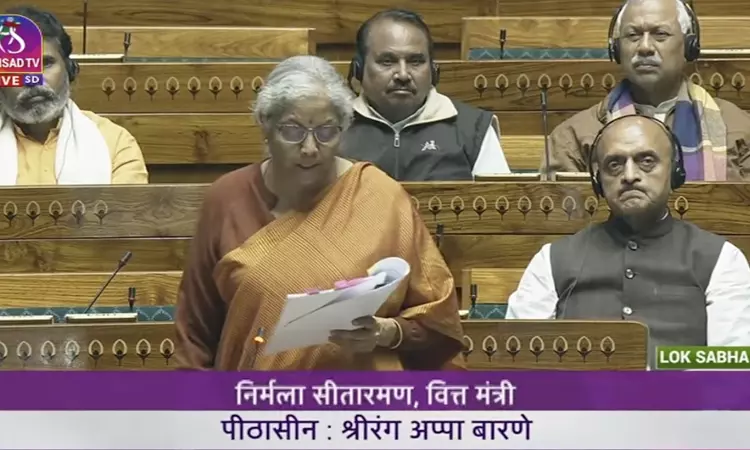CJI DY Chandrachud Flagged Anomalies In GST Appellate Tribunal Provision : Finance Minister Tells Lok Sabha
Awstika Das
20 Dec 2023 3:23 PM IST

Next Story
20 Dec 2023 3:23 PM IST
Union Finance Minister Nirmala Sitharaman on Tuesday (December 19) told the Lok Sabha that the Chief Justice of India highlighted certain discrepancies between the Central Goods and Services Tax 2017 and the Tribunal Reforms Act 2021 regarding the age of qualifications of the members of the GST Appellate Tribunal.It is to resolve the issues flagged by CJI DY Chandrachud that the Central Goods...
